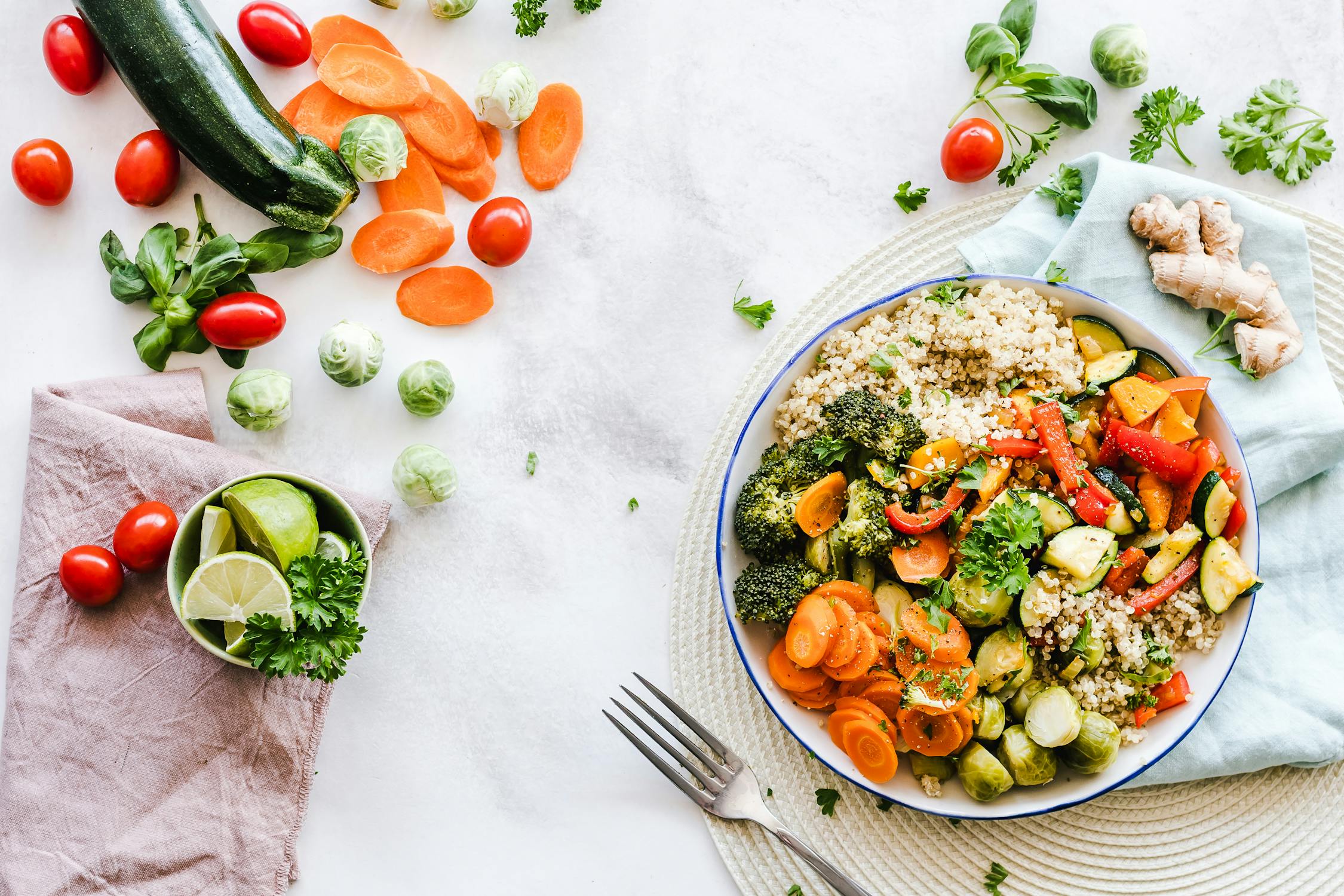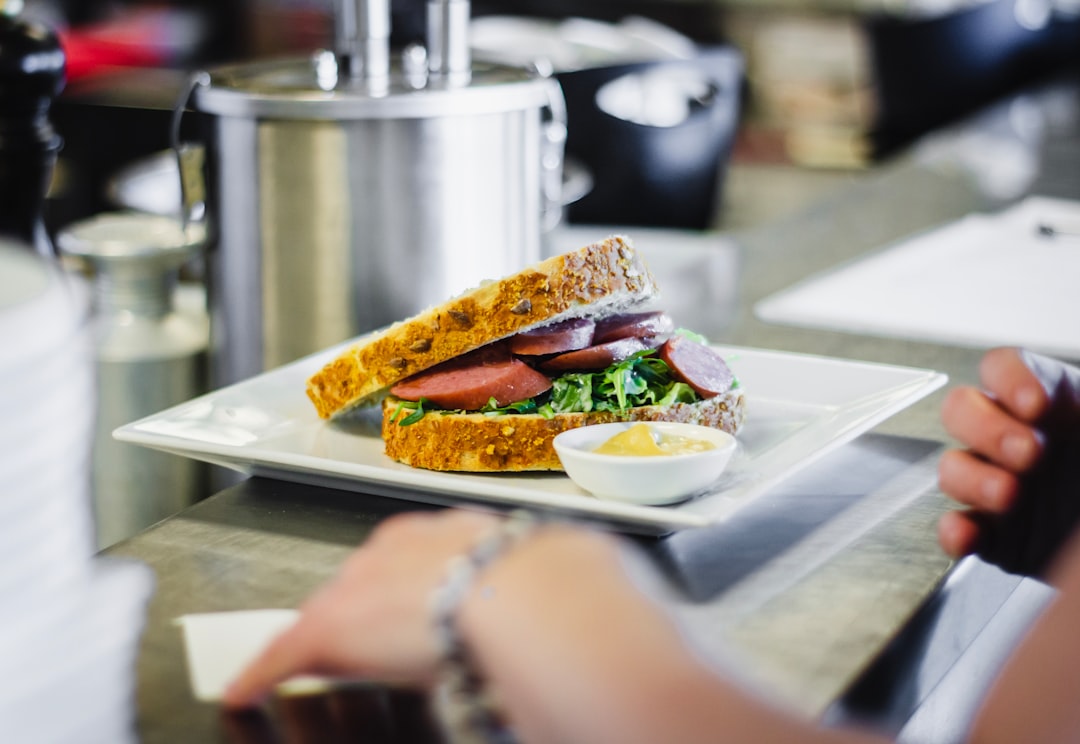Embarking on a journey to improve your health and shed a few kilograms can feel daunting. However, the truth is, significant progress often begins with surprisingly simple changes. This guide will reveal how focusing on your diet, rather than exhaustive exercise routines, can lead to remarkable results, like a sustainable 5kg weight loss. Did you know that diet accounts for an estimated 70-80% of weight loss success? This article will delve into practical, science-backed strategies to help you achieve your goals by making smarter food choices.
Understanding the Basics of Weight Loss
At its core, weight loss is a matter of energy balance. To lose weight, you must consume fewer calories than your body expends. This fundamental principle, known as a calorie deficit, is the cornerstone of any effective weight management plan.
Calorie Deficit Explained
A calorie deficit means consistently eating slightly less than your body needs to maintain its current weight. For a sustainable and healthy weight loss of about 0.5-1 kg (1-2 pounds) per week, a deficit of 500-1000 calories per day is generally recommended. This approach allows your body to tap into stored fat for energy without feeling deprived or risking nutrient deficiencies.
Key Takeaway: Small, consistent calorie deficits are more effective and sustainable than drastic, short-term restrictions. Focus on quality over quantity.
Macronutrients and Satiety
While calories are crucial, the source of those calories matters immensely. Macronutrients—proteins, carbohydrates, and fats—play distinct roles in satiety and overall health. Protein, in particular, is highly satiating, meaning it helps you feel fuller for longer, reducing the likelihood of overeating.
- Protein: Incorporate lean protein sources like chicken breast, fish, eggs, lentils, and tofu into every meal.
- Fiber: Found in fruits, vegetables, and whole grains, fiber adds bulk to your diet, aiding digestion and promoting fullness.
- Healthy Fats: Avocados, nuts, seeds, and olive oil provide essential fatty acids and contribute to satiety, but should be consumed in moderation due to their high calorie density.
For a deeper dive into calorie restriction and its effectiveness, consider exploring resources from reputable institutions like the Harvard T.H. Chan School of Public Health on Calorie Restriction.
The Power of Whole Foods
One of the most impactful dietary changes you can make is shifting your focus to whole, unprocessed foods. These foods are naturally rich in nutrients and fiber, and typically lower in calories compared to their processed counterparts.
Embracing Nutrient-Dense Options
Nutrient-dense foods provide a high amount of vitamins, minerals, and other beneficial compounds relative to their calorie content. Prioritizing these foods ensures your body gets the fuel it needs without excess calories.

Consider building your meals around:
- Vegetables: Leafy greens, broccoli, bell peppers, carrots – eat them in abundance.
- Fruits: Berries, apples, oranges – excellent sources of vitamins and fiber.
- Whole Grains: Quinoa, brown rice, oats – provide sustained energy and fiber.
- Lean Proteins: Chicken, fish, legumes – essential for muscle maintenance and satiety.
Limiting Processed Foods
Processed foods, often high in added sugars, unhealthy fats, and sodium, contribute significantly to weight gain and poor health. They are typically low in fiber and nutrients, leading to quick energy spikes followed by crashes, and often leave you feeling hungry shortly after eating.
“The less processed your food is, the better it is for your body. Opting for whole, single-ingredient foods naturally reduces your intake of empty calories and harmful additives.”
Understanding the difference between whole and refined grains is a great starting point for making better choices. The American Heart Association offers valuable insights on whole grains and their benefits.
Strategic Meal Planning and Portion Control
Even with the healthiest ingredients, overeating can hinder weight loss. Strategic meal planning and mindful portion control are crucial for staying within your calorie goals and ensuring consistent progress.
Simple Meal Prep Tips
Preparing meals in advance can save time, reduce stress, and prevent impulsive unhealthy food choices. Dedicate a few hours each week to cook staple ingredients or complete meals.

- Cook in Batches: Prepare large quantities of lean protein (e.g., grilled chicken, roasted chickpeas) and complex carbohydrates (e.g., brown rice, quinoa).
- Chop Veggies: Pre-chop vegetables for quick salads, stir-fries, or snacks.
- Portion Out: Use food containers to portion out individual meals for the week, making grab-and-go healthy eating effortless.
Visualizing Portions
You don’t always need a food scale to manage portions. Learning to estimate portion sizes using common objects can be incredibly helpful.
Portion Size Visual Guide:
| Food Type | Approximate Portion | Visual Aid |
|---|---|---|
| Protein (e.g., chicken, fish) | 3-4 oz | Deck of cards or palm of your hand |
| Cooked Grains/Pasta | 1/2 cup | Cupped hand or light bulb |
| Cheese | 1.5 oz | Thumb |
| Fats (e.g., butter, oil) | 1 tsp | Tip of your thumb |
This table provides a simple way to estimate portions without constant measuring.
Hydration and Mindful Eating
Beyond what you eat, how you eat and how much you drink significantly impact your weight loss journey. These often-overlooked aspects can make a substantial difference.
The Role of Water in Weight Management
Water is vital for countless bodily functions, and it plays a surprising role in weight loss. Often, thirst is mistaken for hunger, leading to unnecessary snacking. Drinking enough water can help you feel fuller, boost metabolism, and aid in detoxification.

- Drink Before Meals: A glass of water before meals can help reduce overall food intake.
- Replace Sugary Drinks: Swap sodas and sugary juices for water, sparkling water, or unsweetened tea.
- Stay Hydrated Throughout the Day: Carry a reusable water bottle to ensure consistent hydration.
Practicing Mindful Eating Techniques
Mindful eating involves paying full attention to your food—its taste, texture, smell, and the sensations of hunger and fullness. This practice can prevent overeating and foster a healthier relationship with food.
- Eat Slowly: Put your fork down between bites. It takes about 20 minutes for your brain to register fullness.
- Eliminate Distractions: Turn off the TV, put away your phone, and focus solely on your meal.
- Listen to Your Body: Eat when you’re hungry, stop when you’re satisfied, not stuffed.
Research supports the effectiveness of mindful eating for weight management. For more scientific insights, refer to studies like this one from the National Institutes of Health on Mindful Eating and Weight Loss.
Sustainable Habits for Long-Term Success
Losing 5kg is a fantastic achievement, but maintaining that loss is the real challenge. Sustainable habits are key to ensuring your dietary changes become a permanent part of a healthier lifestyle.
Beyond the Scale: Non-Weight Benefits
While the number on the scale is a motivator, remember that dietary changes bring a wealth of other benefits that contribute to overall well-being. These non-weight related improvements are often more impactful in the long run.
- Increased Energy Levels: Nutrient-rich foods provide stable energy throughout the day.
- Improved Mood: A balanced diet can positively impact brain chemistry and reduce symptoms of anxiety and depression.
- Better Sleep Quality: Avoiding heavy, processed foods before bed can lead to more restful sleep.
- Enhanced Skin Health: Proper nutrition reflects in clearer, healthier skin.
Overcoming Plateaus and Setbacks
Weight loss is rarely a linear journey. Plateaus are normal, and occasional setbacks are part of the process. The key is to not get discouraged and to learn from these experiences.
“Consistency, not perfection, is the goal. A single ‘off’ meal or day won’t derail your progress if you get back on track with your healthy habits.”
When facing a plateau, re-evaluate your calorie intake, ensure you’re still in a deficit, and consider increasing your physical activity slightly. For setbacks, acknowledge them, learn from what triggered them, and recommit to your plan without guilt.
Conclusion: Your Path to a Healthier You
Achieving a 5kg weight loss by simply changing your diet is not only possible but highly sustainable when approached with knowledge and consistency. By focusing on a moderate calorie deficit, prioritizing whole, nutrient-dense foods, practicing mindful eating, and staying hydrated, you set yourself up for lasting success.
Remember, this journey is about adopting a healthier lifestyle, not just reaching a number on the scale. The benefits extend far beyond weight, impacting your energy, mood, and overall vitality. Start small, be patient, and celebrate every step of your progress.
For personalized guidance, consider consulting a registered dietitian or nutritionist who can tailor a plan to your specific needs and health goals. Exploring different healthy eating patterns, such as the Mediterranean diet or DASH diet, can also provide further inspiration.
Ready to Transform Your Diet?
What simple dietary change will you commit to making first this week to kickstart your journey towards a healthier, lighter you? Share your plans in the comments below!
